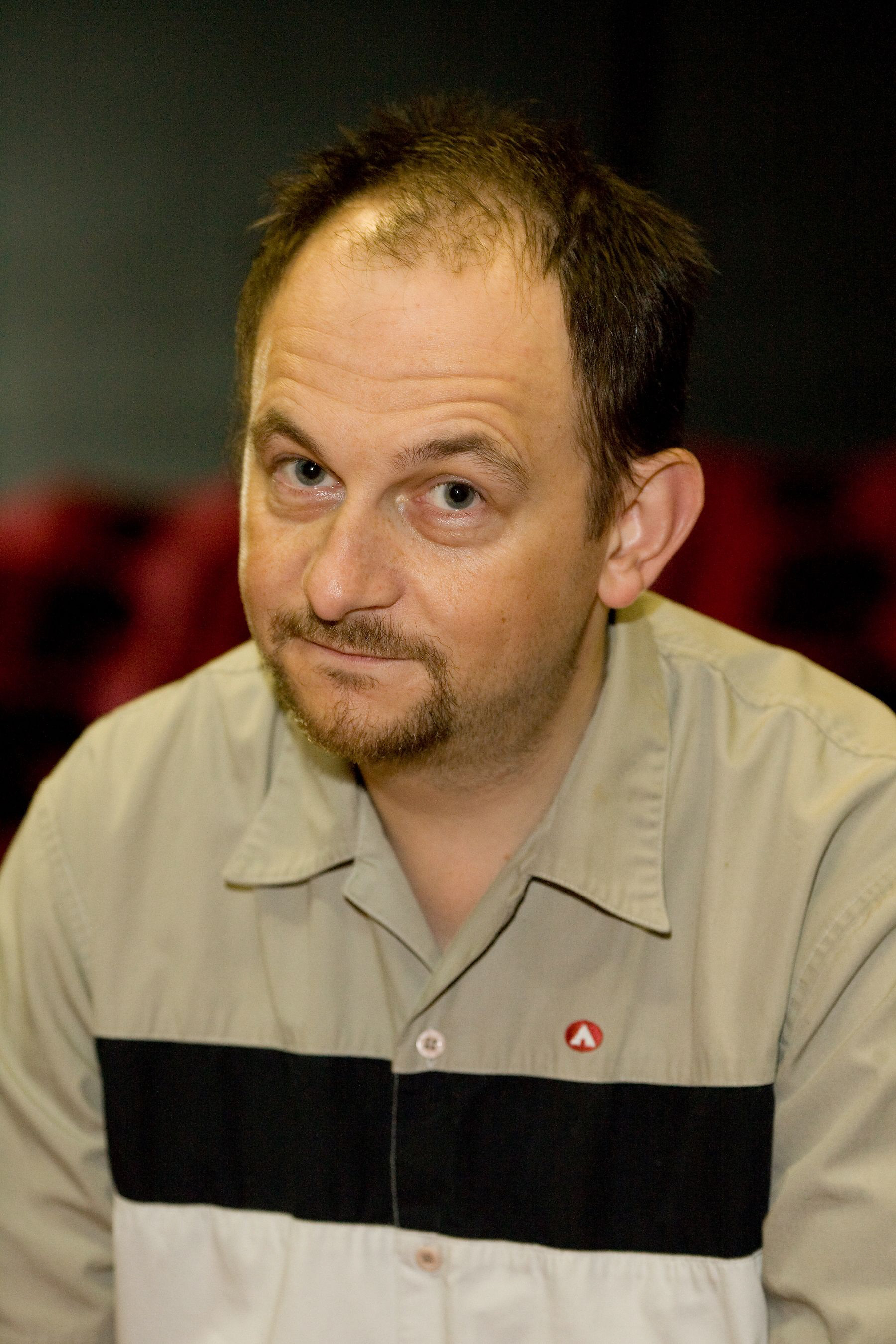Susan Elkin interviews script writer Nick Lane about his adaptation of The Sign of Four for Blackeyed Theatre’s latest nationwide tour.
“There are two initial challenges when you adapt a well known Victorian novel for the stage” says Nick Lane, script writer for Blackeyed Theatre’s The Sign of Four which tours nationwide from this autumn. “One is managing the expectations of the audience, some of whom come to the theatre expecting to see their exact concept of the book acted out. The other is finding ways of making very wordy passages and descriptions of things which have already happened into good drama.”
Nick also describes the tension between honouring Conan Doyle and presenting issues and characters in a way which is acceptable to modern audiences, 138 years on. “Conan Doyle wasn’t an evil racist. He was simply a man of his time reflecting how things then were.” He mentions for example that the Indians in the novel are all presented very negatively as untrustworthy criminals and second-class citizens. “The novel was published in 1890 at the height of the British Empire and when The Sign of Four eventually reaches the confession we’re in 1857 India – the year of the rebellion when the British by any decent modern standard were not behaving well.”
Nick tries to redress these sensitivities in his adaptation which works with a cast of six. “I wanted to include a strong sympathetic Indian so, in my version, one of them is more enlightened and becomes a sort of liberal teacher figure in his relationship with Jonathan Small”. In the same way he makes Mary Morstan, the woman to whom Watson proposes in this novel and marries before the next, a bit less insipidly acquiescent and feistier. Women were less visible than they are now in the world Conan Doyle describes.
He stresses that The Sign of Four is crime fiction. “There’s no room for deviation from that. It has to be the case itself which drives the piece” he says, pointing out that it’s a very different job from Dr Jeckyll and Mr Hyde, which he also adapted for Blackeyed Theatre. “In that case the novel – novella really – is so short that you have to embellish the text in order to generate a play”.
So how did Lane, who is clearly very busy (it’s quite tricky to pin him down for a chat) get into play writing, adapting and directing? “I started out as an actor. My mother, a former teacher, had become a professional actor and it seemed a natural thing to do. There were school shows from an early age and then I did Oliver Twist at Hull Truck Theatre.” He didn’t train formally, although he’s quick to say that he doesn’t advocate that particularly, just that everyone wanting to perform must find the route which works for them at the time.
A serious car accident changed his life. “It was 1996 and I was having a good year. On a day off from filming The Moonstone for the BBC I drove to Cromer to visit my grandparents, but was shunted from behind by a driver who wasn’t looking where he was going. The accident changed me physically by exacerbating a pre-existing back problem. I was difficult to cast after that.”
But he had industry contacts and John Godber (playwright and Hull Truck artistic director from 1984 to 2011) had become a close friend. Nick started writing. “It was what I’d always wanted to do at heart anyway, but I’d somehow fallen into acting.” His first play, an adaptation of Frankenstein was staged by Hull Truck in April 2000. “And reasonably well reviewed” he says modestly adding philosophically that he often wonders what he would do if offered a sci-fi magic potion which would restore him to how he was before 1996. “I’m not at all sure I’d take it. I love what I do now and there’s been plenty of work for 18 years now.”
Lane is full of praise for John Godber who has always been very supportive. He also likes working with Adrian McDougall, Blackeyed Theatre artistic director and producer. “Of course, as a producer he has to keep an eye on budgets and so on, but he goes out of his way to do everything he can to help you,” he says. “And I help write the education packs for Blackeyed Theatre. The Sign of Four is on some syllabuses now, so we do everything we can to help students and teachers to engage and find plenty to discuss.”
2018 is proving to be a memorable year for Nick Lane. Once The Sign of Four goes on the road he’s immediately off to Hereford Courtyard Theatre and into rehearsals for The Goal which is about Ronnie Radford’s famous 1972 goal in the Hereford United v Newcastle United FA Cup match. Then he’s at Stephen Joseph Theatre, his third year there, for their Christmas show, his version of Alice in Wonderland. He has also done the show, Snow White, for Hereford Courtyard Studio. It’s for under 7’s and a non-panto alternative to the main house pantomime. “That’s four of my plays in a single year” he says proudly.



